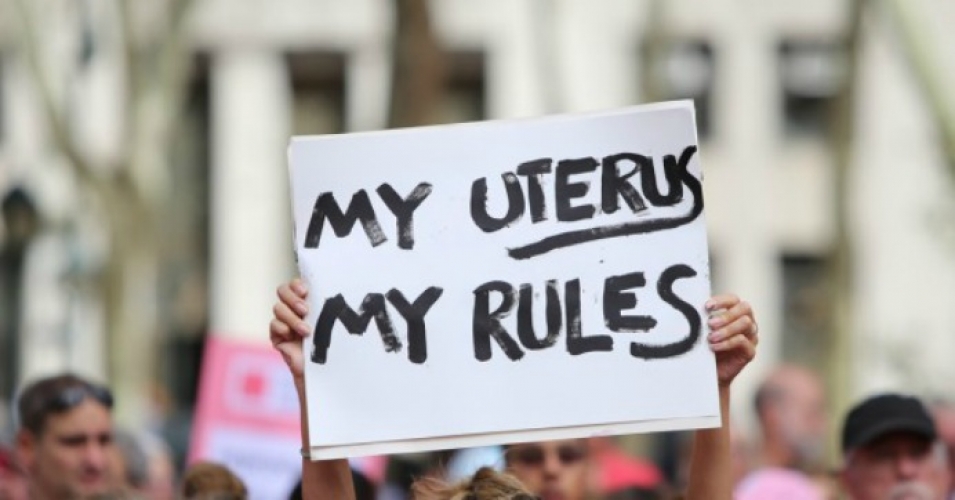What is reproductive justice? What do you think of when you hear the words “reproductive justice?” For many, the first thought that comes to mind may be images of pro-life protestors outside Planned Parenthood, or concerns about abortion legislation. However, there is more to reproductive justice than the ability to have an abortion, although that is important. I ask you to think, who is being left out of the narrative?
Reproductive justice refers to the activism surrounding reproductive rights. It refers to the right to not have children, the right to have children and the right to parent. These are considered human rights. However, many people, particularly women of color, have historically been denied these rights, and are still fighting for them today.
To break this down, here are a few circumstances which highlight individuals who have had their human rights taken away from them. For example, Indigenous women have long been subject to forced sterilization, a process that removes that individual’s right to a child. This was done as a form of racial cleansing. If these women can’t reproduce, then there will be less people of color occupying the land. It was a game of power and control. Colonizers wanted to control the land and control the people.
However, would it shock you to know this is going on today? Unfortunately, as much as we might wish that racial cleansing and violence is a worry of the past, we should be more worried than ever. Forced sterilizations are still happening today. In Saskatchewan, there are currently over 60 women filing a class action suit against what is being called one of the most aggressive sexual sterilization policies. An important word to note there would be “policies.” This means it is government sanctioned. These are not individual acts of violence, or hateful people committing horrific acts, although that is also an issue. This is structural government-approved violence in our world today.
Once you hear that story, you may wonder why images of native women without children, losing their ability to start a family or carry on their heritage don’t come to mind? Our history is white-washed; it always has been. Consider how many authors of color you read in high school. Imagine how Andrew Jackson was portrayed in your history class. Was he a leader or a murderer? Did you ever learn about the origins of the birth control movement? It was started by targeting people of color. Why? If they aren’t reproducing, then slowly, over time, the nation will become whiter. That is racial cleansing. Although none of these facts are the point, I urge you to consider them.
Next time you begin to have a conversation surrounding reproductive rights, consider the voices you haven’t heard, because they’ve never had a voice in history. Then, try to educate yourself, step aside and share the platform, because these women have been done injustice for far too long with no one to know the injustice happened.
The Hill News retains knowledge of all anonymous authors.



